Life
-
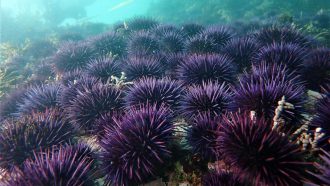 Ecosystems
EcosystemsUrchin takeover underlies California’s vanishing kelp forests
Some 95 percent of kelp forests along its northern coast are gone. Meanwhile, sea otters are helping slow the loss of surviving kelp farther south.
-
 Life
LifeLet’s learn about dogs
From learning the names of their toys to sniffing out viruses in human sweat, dogs are far more than household pets.
-
 Brain
BrainPatterns in brain activity can identify who will struggle to read
Certain patterns of brain activity predict whether teens are strong readers or will struggle. Those diagnostic patterns show up even when doing math.
-
 Plants
PlantsDinosaur-killing asteroid radically changed Earth’s tropical forests
The asteroid collision initially reduced the diversity in what had been sunny tropical rainforests. In time, the forests would become permanently darker.
-
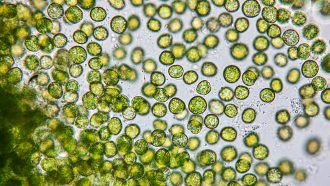 Microbes
MicrobesSeveral plant-like algae can morph into animal-like predators
Single-celled green algae swim through water as free cells. Most use only photosynthesis for their energy. But not all of them, a new study shows.
By Laura Allen -
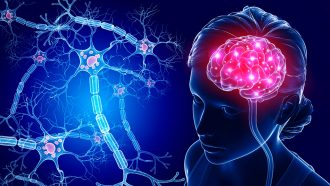 Brain
BrainExplainer: What is a neuron?
From the moment you are born, cells called neurons sense information, process it and then pass it on. Neurons allow you to do everything that you do.
-
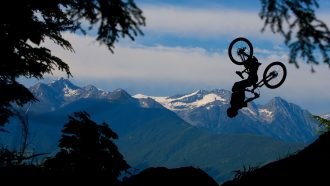 Brain
BrainSearch for ‘rewards’ is big driver in remodeling a teen’s brain
Communication ‘highways’ in the brain undergo a major overhaul as children morph into adults. Dopamine plays a big role in this remodeling project.
-
 Health & Medicine
Health & MedicineLet’s learn about exercise
Our bodies — from our muscles to our brains — love a good workout. Scientists are always learning new things about exercise.
-
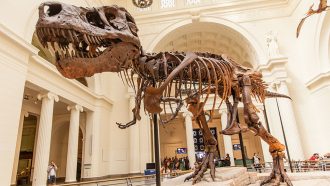 Fossils
FossilsScientists Say: Dinosaur
Dinosaurs emerged between 243 and 233 million years ago. While some died out 66 million years ago, others are still with us — birds.
-
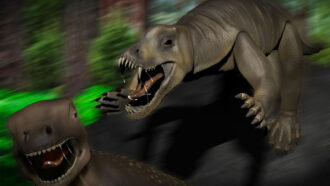 Fossils
FossilsAn ancient hippo-sized reptile may have been a speedy beast
An Anteosaurus was a hefty reptile with a large snout. Its fossil skull hints that it may have moved fast for its time.
-
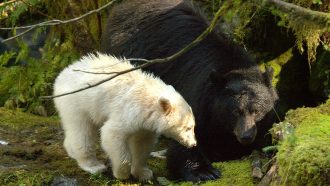 Animals
AnimalsScience and Indigenous history team up to help spirit bears
When scientists and Indigenous people work together, their efforts can benefit bears and people.
-
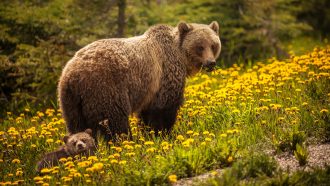 Animals
AnimalsExplainer: Black bear or brown bear?
If you see a bear, check size, shape and more to find out what type it is.